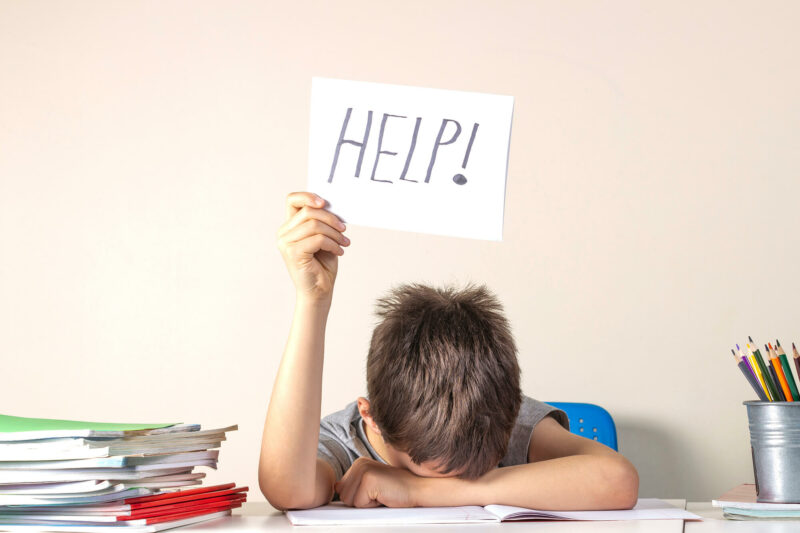World Mental Health Day is coming up on October 10th. The theme this year is suicide prevention. When we lose a friend, a neighbor, a family member to suicide we can feel helpless. Alone. Unsure of what we could have done differently to prevent this. The World Health Organization notes that we lose one person to suicide every 40 seconds worldwide. With these staggering numbers, the W.H.O. is honoring those we have lost by encouraging people to have “40 seconds of action”. As taken from their website, they state that, “Everyone can take part in whichever way makes most sense. Your activity may be private, for example, initiating a conversation with someone you are worried about or sharing a message of hope with someone who is struggling; or it may be public, for example posting a video message for local or national authorities about action you would like them to take on this issue.”
So how are you going to be part of the global movement to address mental health issues? Below are 8 ways that you can be an advocate for yourself, your community, and the world at large for not only suicide prevention but for mental health in general. Through these eight we will start our work from the micro focus (dealing with one’s self, #’s 1-2), to the mezzo focus (addressing those we come in to immediate contact with in our daily lives/medium sized organizations, #’s 3-5), to the macro focus (encouraging change from your policy makers, #’s 6-8).
- Knowledge is power: Change must start with oneself. Education is key. Familiarize yourself with signs and symptoms of depression, high-functioning anxiety, hidden signs of substance abuse, and developmental changes that people may face as they progress through life. Are all of your co-workers trained in Mental Health First Aid? Encourage an organization-wide educational movement to be well versed in how to respond when certain mental health situations pop up. As their website says, “Let’s make Mental Health First Aid as common as CPR”.
- To Thine Own Self Be True: It’s ok to acknowledge when you, yourself, are not functioning at 100%. Be aware of your own signs of burn out, compassion fatigue, depression, anxiety, etc. Things to look out for: lethargy, high startle response, lack of motivation for things you once loved, shorter-than-usual temper. Reach out to co-workers, peer-professionals and supervisors with an honest approach. You are not alone and there is no shame in having to take a step back and breathe sometimes. Remember, you can’t help others if you can’t help yourself.
- Lend a Hand: Like we said, you are not alone. Now that you’ve educated yourself on the signs and symptoms of potential mental health issues and have taken a personal inventory on how you’re doing, you can begin to reach out to others who may not be doing as great. Notice a student whose grades have been slipping? It may not be just the tough materials in class. What about the co-worker that has been missing work more frequently? It never hurts to let someone know you are there for them in a true and compassionate way.
- Community is Everything: Know of a really great resource in your community? Resources such as community centers, clubs at school, mental health hotlines, or educational opportunities in your area are great to let others know about. Let your staff, family, clients know about it! Use social media for its exact purpose: your OWN media station! Keep those lines of resources open and available. See if there is a resource handbook that can be made available to your immediate connections.
- Close-to-home Advocacy: Be an advocate at your place of business. Speak to your supervisors and HR department to better understand your available mental health resources. Some companies offer Employee Assistance Programs (EAP's) for mental health. Others offer free yoga and other anxiety reduction measures. Some have absolutely no services at all! Perhaps you could be the start to a movement and shift in stigma towards mental health in your organization simply by requesting that services be made available. You deserve to have your voice heard!
- Your government should work for YOU: Policy change starts with you. By arming yourself with knowledge as to what the laws are in your area as well as what your rights are in daily life, you can become empowered to empower others. Knowing which elected officials do what and for how long is a great place to start before you begin reaching out to your local officials to voice your thoughts.
- Get out there and vote: Register to vote! Support candidates that take an active stance on supporting mental health services. Do your research on which candidates have a grasp on current mental health issues and trends. Reach out to your local elected officials and demand that mental health services receive appropriate funding and highlighting.
- Power in numbers: March! Take to the streets! Start a voter registration drive in the name of mental health! Start a rally or join a movement. There are events going on every month all over the world. Find a topic that has either impacted you directly and/or that you care about deeply. By doing this, you can meet others in your area that support similar causes and show your strength in numbers! You can do this!
Again, no matter why you choose to take action we encourage you to try and take even one small step. Everyone knows someone affected by mental health, so a small action can have a large impact. We hope you try one of the suggestions above. We also invite you to come up with your own action steps and let us know what you did! Just by starting a conversation you are being an activist. Your voice is heard and your words matter! Shout it loud and shout it proud this October 10th for World Mental Health Day.



